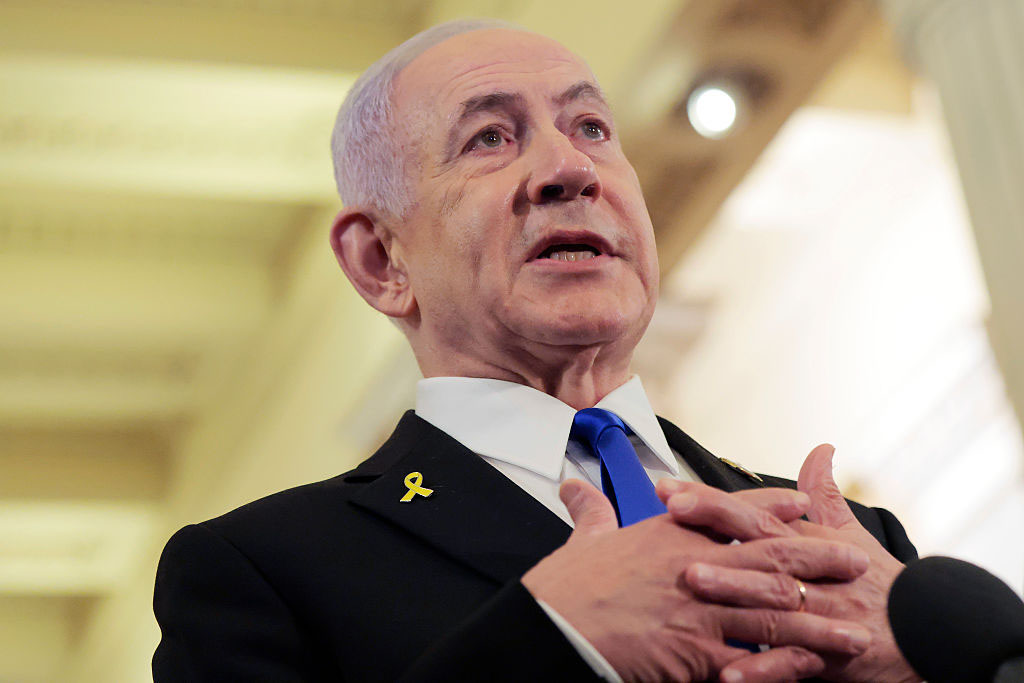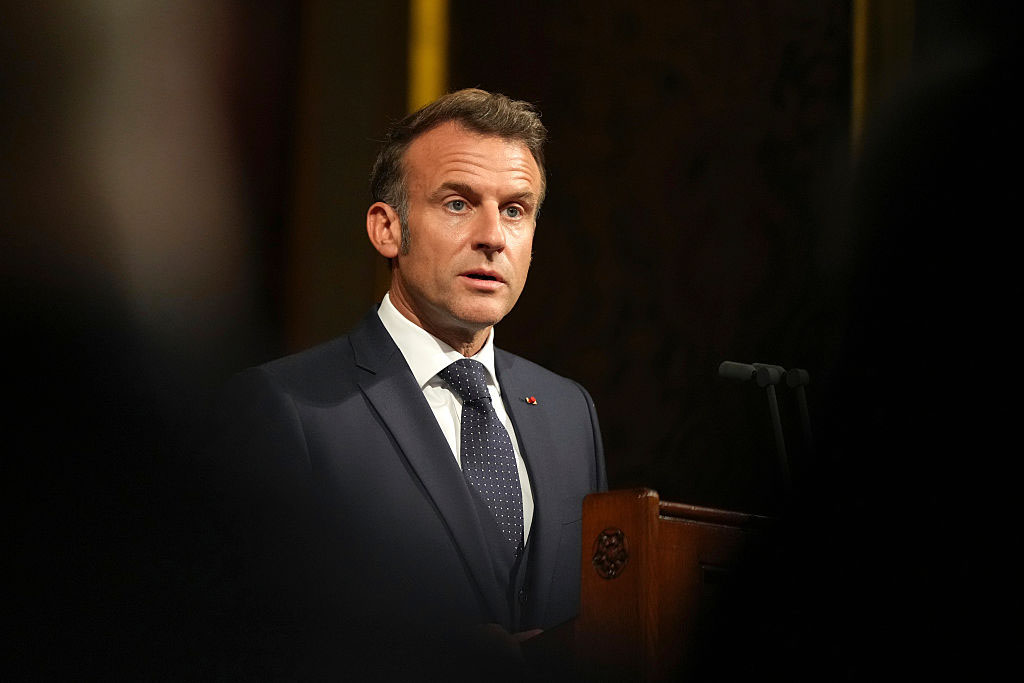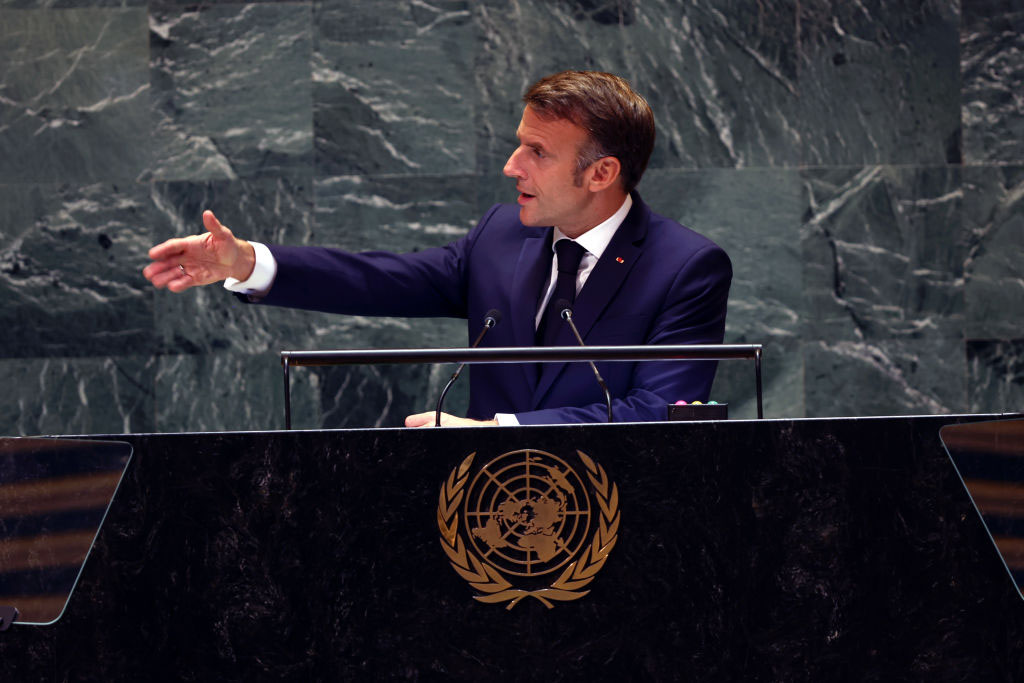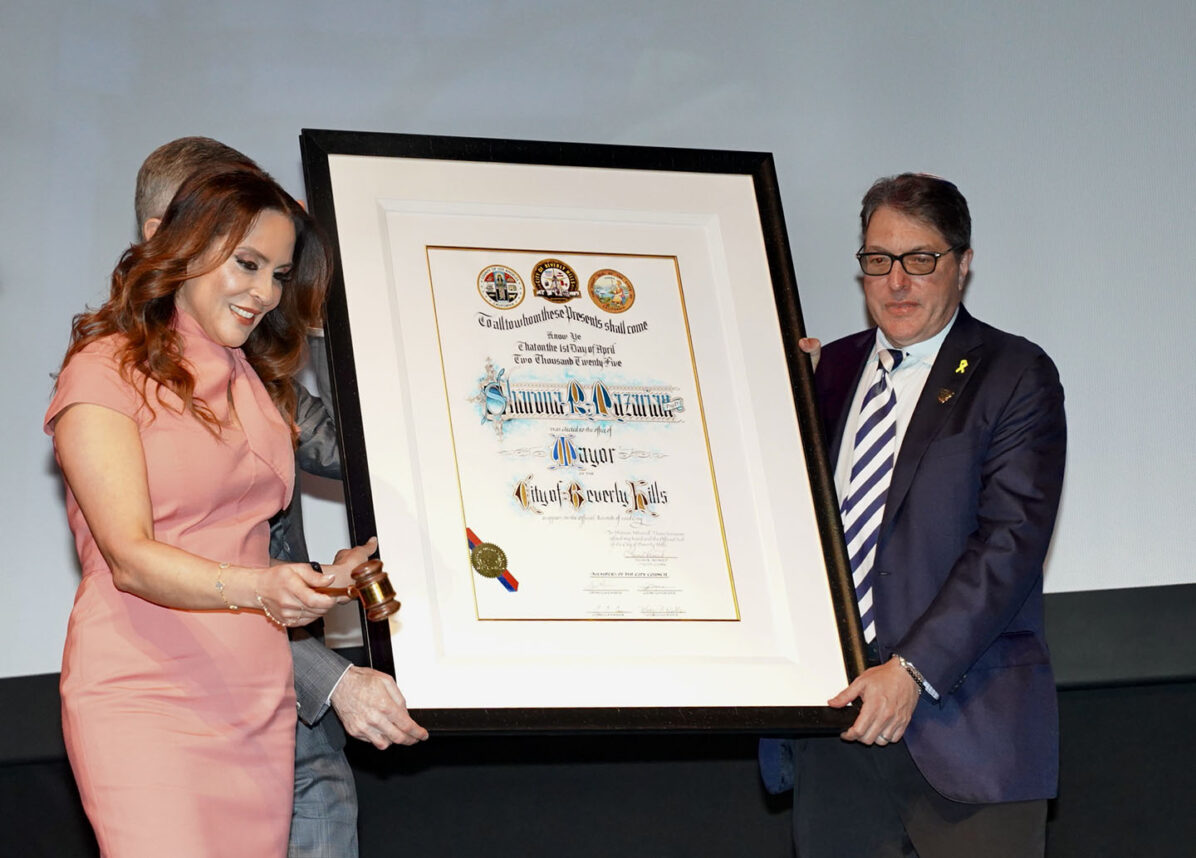Israel and the Obama administration have stepped up their war of words over the framework agreement that aims to limit Iran’s nuclear activities in exchange for a gradual rollback of sanctions.
President Barack Obama made his most detailed effort yet to persuade skeptics of the accord reached last week in Switzerland in a weekend interview with The New York Times, asserting that the deal is the “best bet” to prevent Iran’s acquisition of a nuclear weapon and promising to “stand by” Israel in the event of Iranian aggression.
Israeli Prime Minister Benjamin Netanyahu, his skepticism of the deal undiminished, made the rounds of American talk shows on Sunday morning to denounce a deal that he said gives Iran a “free path” to the bomb. And on Monday, Israel’s minister of strategic affairs, Yuval Steinitz, in an effort to rebut claims that Israel had offered no alternative to a military campaign against Iran, presented reporters in Jerusalem with a list of modifications he said would make the agreement “more reasonable.”
Steinitz’s requirements included the closing of the underground nuclear facility at Fordo, a commitment to ship uranium stockpiles out of the country and an inspections regime that would allow international monitors the ability to go “anywhere, anytime” in Iran.
Under the terms of the framework accord reached April 2 in Lausanne, the Fordo facility would be reconfigured and would not enrich uranium, but it would not be shuttered entirely. Iran also would be permitted to continue to enrich uranium using its first-generation IR-1 centrifuges at its facility in Natanz. The accord requires Iran to grant the International Atomic Energy Agency access to investigate allegations of covert activity “anywhere in the country.”
In his interview with Times columnist Thomas Friedman, Obama said the deal is a “once-in-a-lifetime” opportunity to open a new chapter with Iran while preserving all American options and capabilities in the event that Iran fails to uphold its end of the bargain.
“Iran may change,” Obama said. “If it doesn’t, our deterrence capabilities, our military superiority stays in place.”
He added, “We’re not relinquishing our capacity to defend ourselves or our allies. In that situation, why wouldn’t we test it?”
Obama acknowledged that Israel is far more vulnerable to Tehran, and he sought to offer assurances that the United States would maintain Israel’s qualitative military edge and come to its aid in the event of attack. The United States, Obama said, “is sending a very clear message to the Iranians and to the entire region that if anybody messes with Israel, America will be there.”
Yet on Monday, Obama indicated there were limits to how far he would go with respect to Israel, rejecting a demand issued last Friday by Netanyahu that a final deal require Iran to recognize Israel’s right to exist, calling the notion a “fundamental misjudgment.”
“The notion that we would condition Iran not getting nuclear weapons in a verifiable deal on Iran recognizing Israel is really akin to saying that we won’t sign a deal unless the nature of the Iranian regime completely transforms,” Obama said in an interview with NPR. “And that is, I think, a fundamental misjudgment. I want to return to this point: We want Iran not to have nuclear weapons precisely because we can’t bank on the nature of the regime changing.”
Obama still faces an uphill climb in Congress. Sen. Bob Corker (R-Tenn.), the chairman of the Senate Foreign Relations Committee, has proposed a bill that would grant Congress the right to review the deal. The committee is due to vote on the bill April 14. Sen. Chuck Schumer (D-N.Y.), who is expected to become Senate minority leader when Harry Reid (D-Nev.) retires at the end of the year, said this week that he would support Corker’s legislation.
“I strongly believe Congress should have the right to disapprove any agreement, and I support the Corker bill, which would allow that to occur,” Schumer told Politico on Monday.
American Jewish groups are also skeptical of the accord. The Anti-Defamation League, the American Jewish Committee and the Jewish Council for Public Affairs issued statements following the conclusion of the agreement last week expressing hope for a peaceful diplomatic resolution to the standoff. But the groups also expressed doubt that Iran could be trusted to faithfully execute its end of the bargain.
“Given the nature of the Iranian regime, its pattern of seeking to deceive the international community on its nuclear program, its support for global terror and its regional hegemonic ambitions, its repeated calls for a world without Israel, and its clandestine weapons efforts, AJC is deeply concerned about whether Iran will abide by any undertaking it makes, and if any inspections regime will be sufficient to monitor Iran’s full compliance,” the American Jewish Committee said.
In an appearance Sunday on NBC’s “Meet the Press,” Netanyahu compared the agreement to the 1994 deal between the United States and North Korea. That deal, too, Netanyahu said, was “deemed to be a great breakthrough,” but it did not prevent the country from acquiring a nuclear weapon. Iran, the prime minister said, “is a great deal more dangerous than North Korea.”
Sen. Dianne Feinstein (D-Calif.) told CNN’s “State of the Union” on Sunday morning that the agreement does not threaten Israel’s survival and that Netanyahu should “contain himself because he has put out no real alternative. In his speech to the Congress — no real alternative. Since then — no real alternative.”
Steinitz pushed back against that criticism on Monday, saying the notion that war is the alternative to the Obama deal “is wrong.”
“The alternative is not necessarily to declare war on Iran,” he said. “It is to increase pressure on Iran and stand firm and make Iran make serious concessions and have a much better deal.”

































 More news and opinions than at a Shabbat dinner, right in your inbox.
More news and opinions than at a Shabbat dinner, right in your inbox.